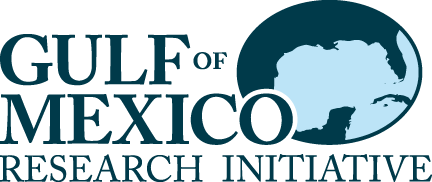Summary:
We propose to conduct a one year baseline study to assess the monthly abundance and distribution of zooplankton along two transects on the West Florida Shelf as a basis for long term monitoring. Zooplankton are a critical component of marine ecosystems, given their role in biogeochemical cycles and as a food source for commercially important fishes and other upper trophic level predators. The baseline will be obtained using bongo net tows, following standard methods used by other West Florida Shelf programs, and the USF SIPPER imaging system, which has already proven an ability to assess zooplankton and to detect oil droplets in the oil spill during recent NOAA-funded cruises. To improve the oil detection capability of the SIPPER, we propose to develop new algorithms and improve the PICES image pattern recognition software, which was developed at USF. This will allow more accurate detection and classifications of oil droplets and zooplankton taxa. Zooplankton abundance and distribution, zooplankton condition, and hydrocarbon body burdens will be analyzed in relation to the presence of oil and other environmental variables.
Preliminary results from two USF interdisciplinary cruises this summer to an oil impacted area and the two transects, which should not be impacted by oil, will provide a comparison for the baseline study. We also propose to conduct toxicity studies to make a preliminary assessment of lethal and sublethal impacts of oil on dominant and ecologically important zooplankton species from the West Florida Shelf. Information on mortality and sublethal effects, coupled with zooplankton abundance and distribution, and in situ hydrocarbon body burdens, will enable us to better understand and predict the role zooplankton play as hydrocarbon vectors for DWH oil. Three years after the IXTOC-1 oil spill in the southern Gulf of Mexico, zooplankton biomass was four orders of magnitude lower compared to pre-spill biomass levels. Thus, the potential long-term impact on fisheries and ecosystem services are substantial. The IXTOC-1 oil spill released about 3 million barrels of oil over 10 months. The Deepwater Horizon spill now exceeds that level.
